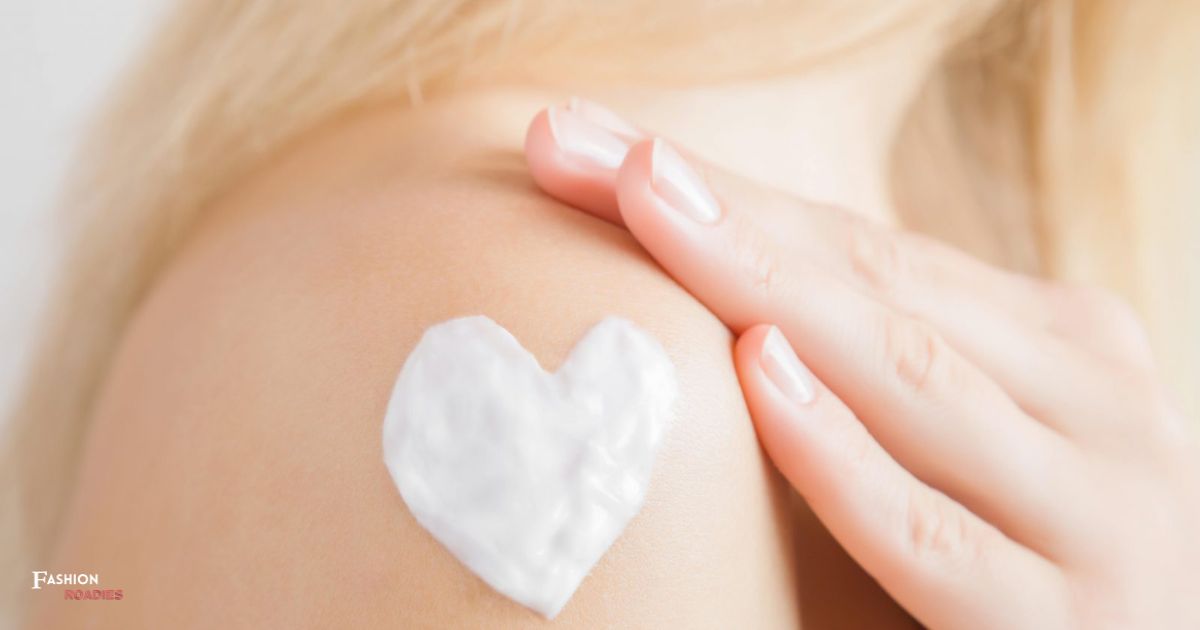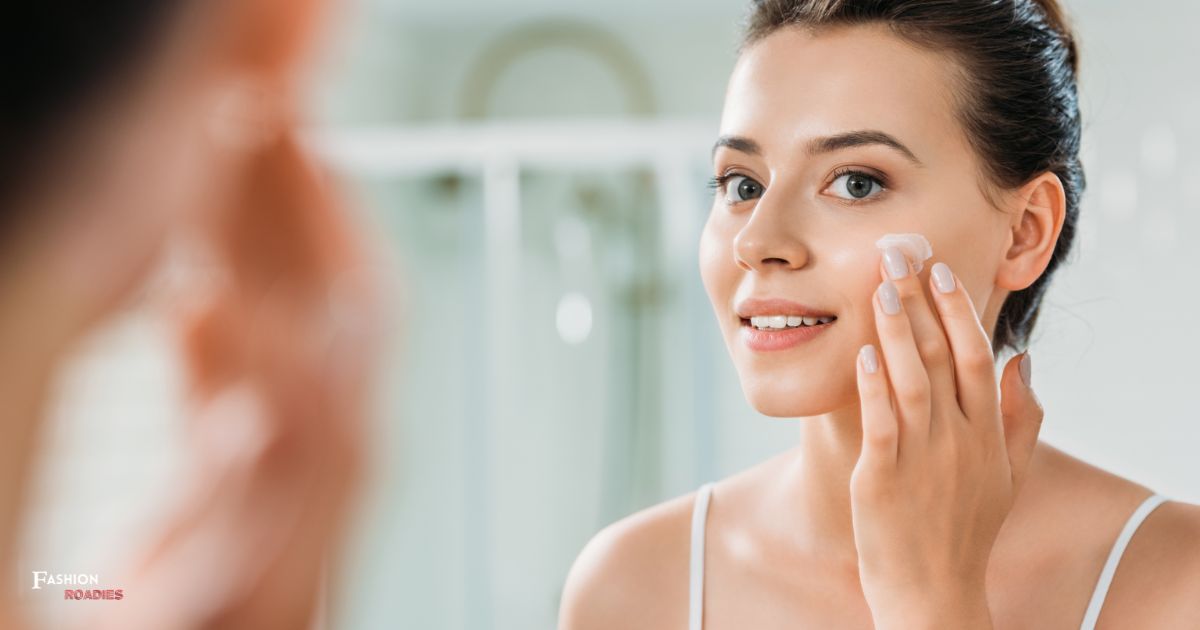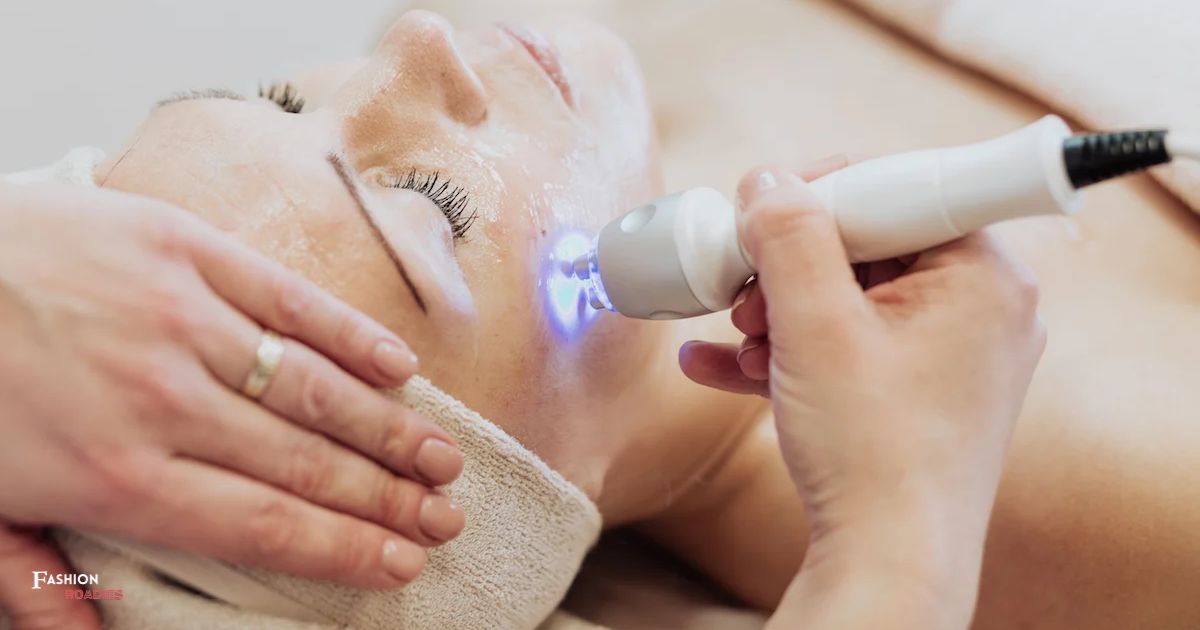Discover the secrets to achieving healthy, radiant body skin with our comprehensive guide. By following a well-rounded skincare routine, you can establish a solid foundation for optimal skin health. From choosing the right cleanser to nourishing your skin with moisturizers and exfoliating to reveal a youthful glow, we will delve into evidence-based practices that yield tangible results. Additionally, we will explore the importance of sun protection, nutrition, hydration, lifestyle factors, and targeted treatments to address specific skin concerns. Join us on this journey to unlock your skin’s full potential.
Key Takeaways
- Consistency in skincare routine is key for maintaining healthy body skin.
- Cleansing and moisturizing are essential steps in body skincare routine.
- Choosing the right products based on skin type and concerns is important for body skincare.
- Protecting the body skin from sun damage and exfoliating regularly are crucial for maintaining its health.
Skincare Routine: Establishing a Solid Foundation
Establishing a solid foundation for your skincare routine requires incorporating a comprehensive and personalized approach to your body’s unique needs. One of the key components of this foundation is establishing a daily routine and maintaining consistency. Consistency is paramount when it comes to skincare because it allows your skin to adapt and respond to the products and treatments you use.
By following a daily routine, you provide your skin with the necessary care and nourishment it needs to thrive. Whether it’s cleansing, exfoliating, moisturizing, or applying sunscreen, consistency ensures that your skin receives the benefits of these actions consistently over time. Additionally, establishing a daily routine helps to create a sense of structure and discipline, fostering a positive skincare habit that becomes an integral part of your overall well-being.
Choosing the Right Cleanser: A Gentle Approach
When selecting a cleanser for your body skin, it is important to take a gentle approach. The skin on our bodies is more resilient than the delicate skin on our faces, but it still requires care and attention. Here are four key considerations to keep in mind when choosing a gentle cleanser for your body:
- pH balance: Look for a cleanser with a pH level that is close to the natural pH of your skin, which is around 5.5. This helps maintain the skin’s protective barrier and prevents excessive dryness or irritation.
- Mild ingredients: Opt for cleansers that are free from harsh chemicals, fragrances, and sulfates. These can strip the skin of its natural oils and disrupt its balance.
- Moisturizing properties: Choose a cleanser that not only cleanses but also hydrates the skin. Look for ingredients like glycerin, hyaluronic acid, or ceramides, which help to lock in moisture.
- Skin type: Consider your specific skin type when selecting a cleanser. If you have dry skin, go for a cream or oil-based cleanser. If you have oily or acne-prone skin, a gel or foaming cleanser may be more suitable.
Moisturizing for Hydration and Nourishment
Moisturizing is an essential step in a skincare routine as it provides hydration and nourishment to the skin. The benefits of moisturizing include maintaining the skin’s natural moisture barrier, preventing dryness and flakiness, and reducing the appearance of fine lines and wrinkles. Choosing the right moisturizer for your skin type is crucial to ensure maximum effectiveness and to address specific skin concerns. Incorporating moisturizing into your daily skincare routine can help keep your skin healthy, hydrated, and radiant.
Benefits of Moisturizing
Properly hydrating and nourishing the skin is essential for maintaining its health and vitality. Moisturizing is a crucial step in any skincare routine and offers numerous benefits for the skin. Here are four important benefits of moisturizing:
- Hydration: Moisturizers help to replenish and lock in moisture, preventing dryness and dehydration. This is particularly important for individuals with dry or sensitive skin.
- Nourishment: Moisturizers contain ingredients that provide essential nutrients to the skin, such as vitamins, antioxidants, and fatty acids. These nourishing ingredients help to improve the overall health and appearance of the skin.
- Skin barrier protection: A well-moisturized skin barrier acts as a protective shield against environmental stressors, pollutants, and bacteria. It helps to maintain the skin’s natural defenses and prevent damage.
- Anti-aging benefits: Regular moisturizing can help to reduce the appearance of fine lines and wrinkles, keeping the skin plump and youthful-looking.
Choosing the Right Products
To ensure optimal hydration and nourishment for your body skin, it is crucial to carefully select the appropriate moisturizing products. When it comes to product selection, there are a few skincare essentials to keep in mind. First, look for products that contain ingredients such as hyaluronic acid, glycerin, and ceramides, as these have been shown to effectively hydrate the skin.
Choose moisturizers that are suitable for your skin type. For example, if you have dry skin, opt for richer, cream-based formulas, while those with oily skin may prefer lightweight, oil-free options. It’s also important to consider any specific skin concerns you may have, such as sensitivity or aging, and select products that target those issues. By carefully choosing the right moisturizing products, you can ensure your body skin receives the hydration and nourishment it needs to stay healthy and radiant.
Daily Skincare Routine
To maintain optimal hydration and nourishment for your body skin, it is essential to incorporate a daily skincare routine that focuses on moisturizing. Establishing a routine that includes regular moisturization can provide numerous benefits for your skin. Here are four key benefits of hydration:
- Improved skin elasticity: Keeping your skin moisturized helps to maintain its elasticity, making it appear firm and youthful.
- Enhanced skin barrier function: Moisturizers create a protective barrier on the skin, preventing moisture loss and shielding it from environmental aggressors.
- Reduced dryness and flakiness: Hydrated skin is less prone to dryness and flakiness, creating a smoother and more even complexion.
- Soothing and calming effects: Proper hydration can help soothe irritated or inflamed skin, providing relief from conditions like eczema or dermatitis.
Exfoliation: Buffing Away Dead Skin Cells
Exfoliation is essential for removing dead skin cells and promoting a healthier body skin. By buffing away these cells, you can achieve a smoother and more radiant complexion. There are various techniques for exfoliation, including physical exfoliation with scrubs or brushes, as well as chemical exfoliation with acids like alpha hydroxy acids (AHAs) or beta hydroxy acids (BHAs). Each technique has its own benefits and considerations, so it’s important to choose the one that suits your skin type and concerns.
Here is a table summarizing the benefits of exfoliation:
| Benefits of Exfoliation |
|---|
| Removes dead skin cells |
| Unclogs pores |
| Improves skin texture |
| Enhances product absorption |
| Stimulates collagen production |
Regular exfoliation can help prevent acne breakouts, reduce the appearance of fine lines and wrinkles, and even out skin tone. However, it’s crucial to exfoliate gently and avoid overdoing it, as excessive exfoliation can lead to skin irritation and damage. Remember to always follow up with moisturizer and sunscreen to protect and nourish your newly revealed skin.
Sun Protection: Shielding Your Skin From Harmful Rays
After exfoliating to remove dead skin cells and improve skin texture, it is crucial to focus on sun protection to shield your skin from harmful rays. Sunscreen is a vital tool in preventing sunburn and protecting your skin from the damaging effects of the sun. Here are four key benefits of using sunscreen:
- Sunscreen reduces the risk of skin cancer: Regular use of sunscreen can help prevent various types of skin cancer, including melanoma, the deadliest form of skin cancer.
- Sunscreen prevents premature aging: Exposure to the sun’s ultraviolet (UV) rays can lead to the development of wrinkles, fine lines, and age spots. Sunscreen helps slow down the aging process by protecting your skin from these harmful rays.
- Sunscreen maintains an even skin tone: Sunscreen helps prevent the appearance of dark spots and hyperpigmentation, keeping your skin tone even and healthy-looking.
- Sunscreen protects against sunburn: Sunburns are not only painful but also increase the risk of skin damage. Applying sunscreen regularly can prevent sunburn and promote healthier skin.
Nutrition and Hydration: Fueling Your Skin From Within
Proper nutrition and hydration are essential for maintaining healthy skin. Water is crucial for keeping the skin hydrated and maintaining its elasticity and overall appearance. Additionally, providing the skin with essential nutrients through a balanced diet can help promote a healthy complexion and protect against skin damage.
Water for Hydrated Skin
Hydration is essential for maintaining optimal skin health and promoting a nourished complexion. When it comes to hydrating the skin, water is a crucial component. Here are four important points to consider regarding water for hydrated skin:
- Hydration benefits: Drinking an adequate amount of water helps to hydrate the skin from within. It improves circulation, flushes out toxins, and increases the elasticity of the skin, resulting in a more youthful appearance.
- Water intake guidelines: Experts recommend consuming at least 8 glasses (64 ounces) of water per day to maintain proper hydration. However, individual needs may vary depending on factors such as activity level and climate.
- Skin moisturization: Drinking water alone may not be sufficient to moisturize the skin externally. To lock in moisture, it is essential to use hydrating skincare products and apply moisturizers regularly.
- Other sources of hydration: While water is the best choice for hydrating the skin, other beverages and foods with high water content, such as fruits and vegetables, can also contribute to overall hydration.
Nutrients for Healthy Skin
To ensure optimal skin health and nourishment, it is important to consider the role of nutrients in fueling your skin from within. A balanced diet that includes specific nutrients can contribute to glowing skin and overall skin health. Here are some key nutrients and their benefits for your skin:
| Nutrient | Benefits | Food Sources |
|---|---|---|
| Vitamin C | Promotes collagen production, protects against sun damage, and brightens skin | Citrus fruits, strawberries, bell peppers |
| Omega-3 fatty acids | Reduces inflammation, improves skin elasticity, and moisturizes skin | Fatty fish, chia seeds, walnuts |
| Zinc | Helps repair damaged tissues, reduces acne, and regulates oil production | Oysters, beef, pumpkin seeds |
Incorporating these nutrients into your daily diet can support healthy skin and give you that radiant glow. Remember, a balanced diet is essential for nourishing your skin from within.
Lifestyle Factors: Sleep, Stress, and Exercise
How do sleep, stress, and exercise affect the health and appearance of our body skin? These lifestyle factors play a significant role in maintaining the overall well-being of our skin. Here are four ways in which they impact our skin:
- Sleep quality: Adequate sleep allows our skin to repair and regenerate, promoting a healthy complexion and reducing the signs of aging.
- Stress management: High levels of stress can lead to various skin issues, such as acne breakouts and increased sensitivity. Effective stress management techniques, such as meditation or exercise, can help maintain healthier skin.
- Exercise: Regular physical activity improves blood circulation, which nourishes the skin and promotes a radiant appearance. Exercise also helps reduce stress levels, benefiting the skin further.
- Hormonal balance: Sleep, stress, and exercise all play a role in maintaining hormonal balance, which is crucial for healthy skin.
Targeted Treatments: Addressing Specific Skin Concerns
Effective treatment options are available to address specific skin concerns and improve the overall health and appearance of the body’s largest organ. Targeted treatments can help individuals address their specific skin concerns, whether it’s acne, hyperpigmentation, or signs of aging. These treatments are designed to target the underlying causes of these specific concerns, providing tailored solutions for each individual.
To provide a visual representation of these targeted treatments, the following table showcases some common skin concerns and the corresponding targeted treatments:
| Skin Concern | Targeted Treatment |
|---|---|
| Acne | Topical retinoids |
| Hyperpigmentation | Chemical peels |
| Fine lines/wrinkles | Anti-aging serums |
| Dryness | Hydrating moisturizers |
| Sun damage | Laser treatments |
FAQ’s
What Is the Recommended Daily Skincare Routine for Maintaining Healthy Body Skin?
To maintain healthy body skin, it is important to follow a recommended skincare routine. Incorporating body oil into this routine offers numerous benefits, such as hydration and nourishment, resulting in smooth and radiant skin.
How Can I Choose the Right Cleanser for My Body Without Causing Irritation or Dryness?
Choosing gentle cleansers and hydrating body washes is essential for avoiding irritation and dryness. Look for products with mild ingredients and moisturizing properties, which can help maintain healthy body skin.
What Are Some Effective Ways to Moisturize and Nourish the Body Skin?
Effective ways to moisturize and nourish body skin include using body skin care products specifically formulated for hydration, such as moisturizers and body oils. Additionally, natural remedies like coconut oil and shea butter can provide nourishment and hydration.
Is Exfoliation Necessary for Body Skin, and How Often Should It Be Done?
Exfoliation is essential for body skin as it helps remove dead skin cells, unclog pores, and stimulate cell turnover. However, it should be done in moderation to prevent irritation. The recommended frequency is once or twice a week for most skin types.
What Are the Best Practices for Protecting the Body Skin From Harmful Sun Rays?
To protect body skin from harmful sun rays, it is important to choose the right sunscreen with broad-spectrum protection and an SPF of 30 or higher. Additionally, wearing protective clothing can provide additional benefits in shielding the skin.
Conclusion
In conclusion, establishing a solid skincare routine is crucial for maintaining healthy body skin. By choosing the right cleanser, moisturizing regularly, exfoliating, protecting from sun damage, nourishing through nutrition and hydration, managing lifestyle factors, and using targeted treatments, you can achieve optimal skin health. As the saying goes, “A healthy skin reflects a healthy body,” so take care of your skin to enhance your overall well-being.











